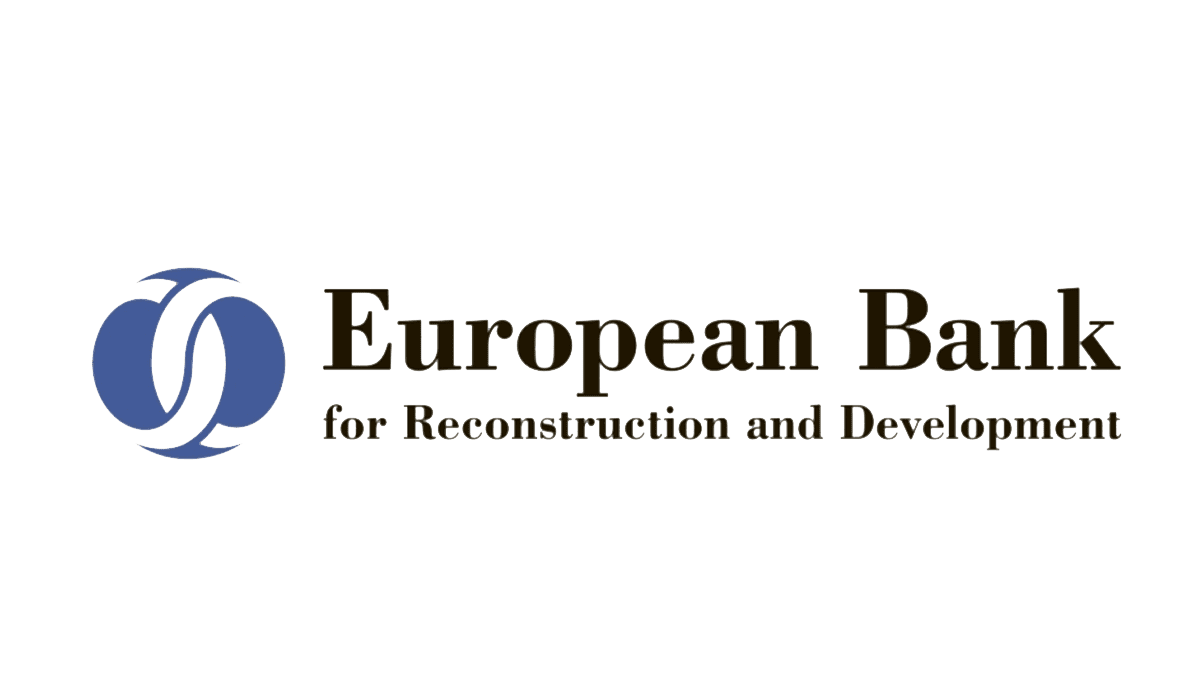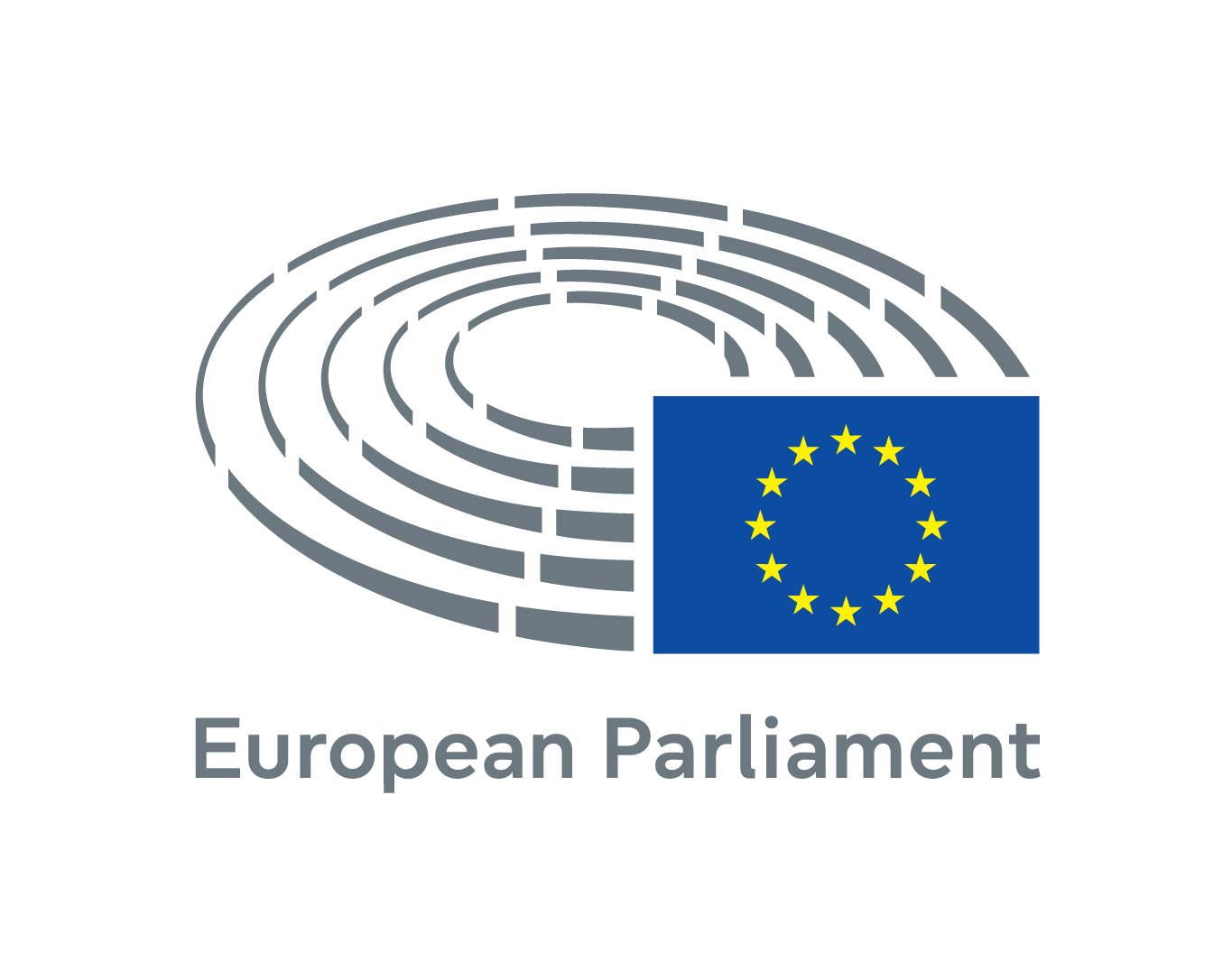Global Gateway: EU and Tanzania Sign Agreement to Improve Port Performance and Enhance Trade Connectivity

12 December 2024
The European Union, Enabel, UN-Habitat, TradeMark Africa, and the Port of Antwerp-Bruges International have signed a TZS 41.91 billion agreement to modernize the Port of Dar es Salaam. Aligned with the EU's Global Gateway strategy, the project aims to enhance trade efficiency, sustainability, and regional connectivity while advancing Tanzania's low-carbon transport goals.
European Union Signs Key Agreements to Drive Sustainable Development in Zanzibar

9 December 2024
The agreements include enhanced funding for the Bahari Yetu (“Our Ocean”) Project, which is part of the EU’s Team Europe Initiative for the Blue Economy, and a renewed commitment to the Gender Transformative Action Programme in Zanzibar.
The European Union (EU) has further strengthened its partnership with Zanzibar by signing two significant agreements aimed at promoting sustainable development, marine conservation, and gender equality.
Global Gateway: EU Endorses Roadmap for Strategic Partnership on Raw Materials with the Democratic Republic of Congo

11 December 2024
Today, in the framework of Raw Materials Week, the European Commission has officially endorsed the roadmap for its strategic partnership with the Democratic Republic of Congo (DRC) on raw materials, reinforcing the EU’s commitment to secure, sustainable, and resilient value chains for critical raw materials. The partnership aims to support both the EU’s strategic autonomy and the economic development of the DRC, particularly in the mining sector, through concrete projects and investments.
European Commission boosts Regreening Africa Initiative with €15 Million Investment at UNCCD COP16

4 December 2024
Today, at the sixteenth session of the Conference of the Parties of the United Nations Convention to Combat Desertification (UNCCD COP16) in Riyadh, the European Commission announced the launch of the second phase of the Regreening Africa programme, supported by a new €15 million investment. Building on the success of its first phase, this initiative aims to combat land degradation, improve community livelihoods and climate resilience, and restore ecosystems across the Sahel and Horn of Africa.
Global Gateway: EU and Smart Africa strengthen partnership for Africa’s digital transformation

3 December 2024
Today, the EU and Smart Africa Alliance have further enhanced their collaboration to bridge the digital divide in Africa by signing an Administrative Arrangement and a grant agreement under the Global Gateway strategy. The partnership was formalised during a high-level roundtable discussion with European and African government representatives, private sector leaders and civil society. Key objectives of the agreement are deploying secure, affordable digital networks, advancing e-governance services, and exploring the potential of artificial intelligence. The event was co-organised by the Digital for Development (D4D) Hub.
Botswana to establish export certification point for rough diamonds with G7 collaboration

A Joint Statement by Botswana and the G7 diamond technical team.
A G7 import ban on Russian origin diamonds began on 1 January 2024. On 1 March 2024, Russian diamonds processed in third countries were also banned in the G7 jurisdictions. On 1 March 2024, the first certification node with the ability to certify the origin of rough diamonds and issue G7 certificates became operational in the EU. Following this, the G7 diamond technical team and Botswana have increased collaboration on enhancing traceability and transparency in the diamond trade.
Parliament approves the “von der Leyen II” Commission

Following a debate with Ursula von der Leyen on her new team and programme, MEPs elected the College of Commissioners as a whole by roll-call vote.
- Second von der Leyen Commission approved by 370 votes for, 282 against, 36 abstentions
- College of Commissioners expected to take office on 1 December
- MEPs to monitor Commission commitments for the next five years
Details on how each MEP voted will be available shortly on Parliament’s dedicated webpage and in the plenary session's minutes.
To be confirmed, the College of Commissioners needed a majority of the votes cast (rule 129.7 of the EP Rules of Procedure).
This will be Ursula von der Leyen’s second term as Commission President, following the approval of her first Commission by MEPs in November 2019.
EBRD to support expansion of largest windfarm in Africa

The European Bank for Reconstruction and Development (EBRD) is supporting the development and sustainability of Egypt’s renewable-energy sector by extending a US$ 21.3 million loan to Red Sea Wind Energy. The loan will fund the development and construction of a 150 MW expansion to the 500 MW wind farm currently being constructed in the country’s Gulf of Suez region.
European Commission and South Africa launch the Scaling up Renewables in Africa campaign

Today in Rio de Janeiro, on the eve of the G20 Summit, European Commission President Ursula von der Leyen and South African President Cyril Ramaphosa launched the global campaign ‘Scaling up Renewables in Africa' during Global Citizen NOW.
Hearing of Executive Vice-President-designate Stéphane Séjourné

On Tuesday, four parliamentary committees questioned Stéphane Séjourné, French candidate for the Prosperity and Industrial Strategy portfolio.




